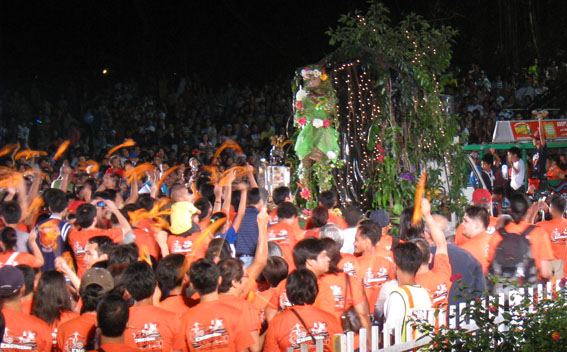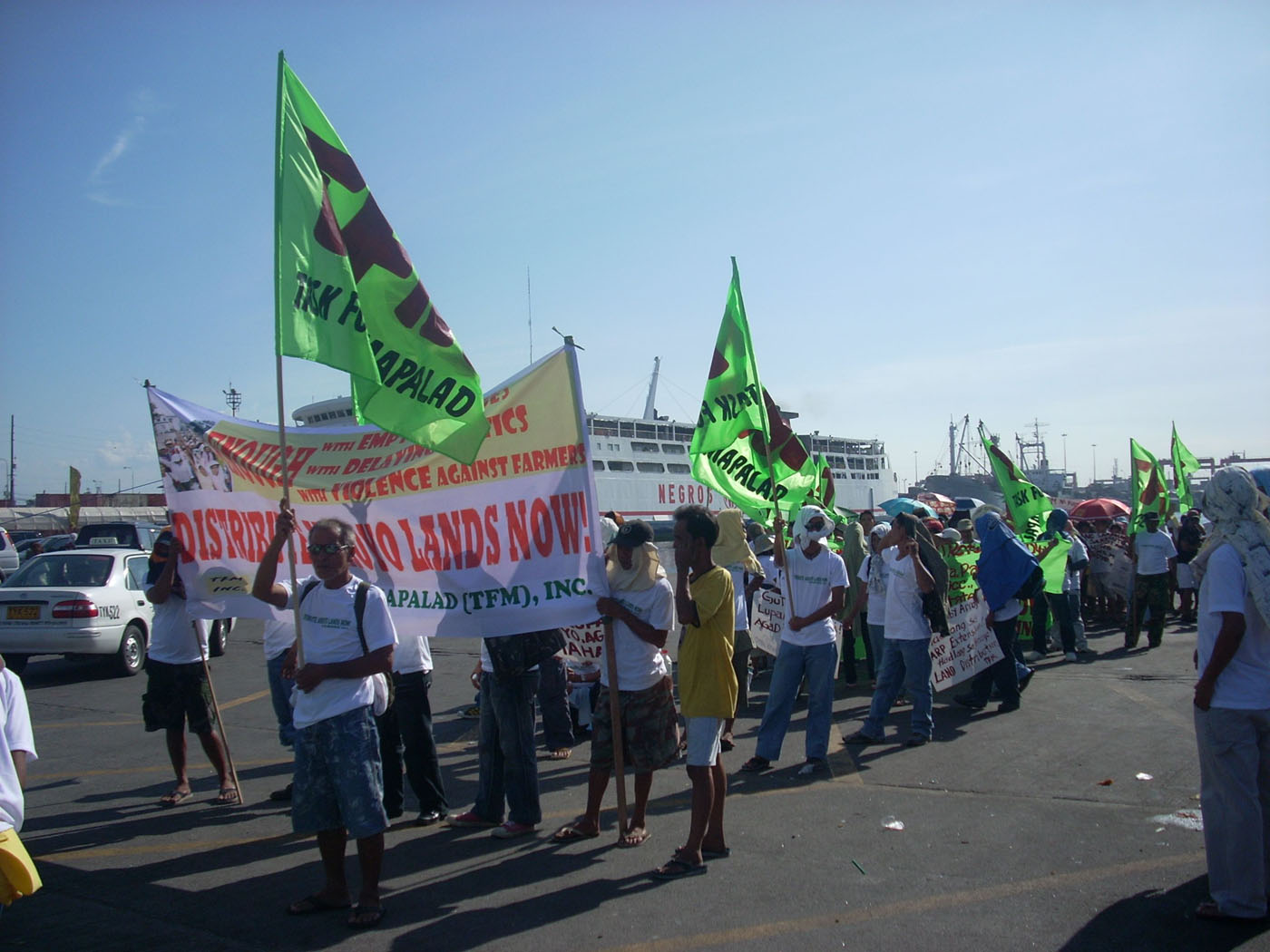By AVIGAIL OLARTE
AS grief sweeps the country, the National Union of Journalists of the Philippines declared Nov. 25 the National Day of Indignation in protest against the “inhumane and horrific” massacre in Maguindanao.
“We expect nothing less from this government than the swift apprehension and punishment of everyone involved in this gruesome assault on the national body politic, including the masterminds, regardless of who they might be,” NUJP said in a statement.
At least 57 people, including 26 journalists, were abducted and killed Nov. 23, while on their way to Shariff Aguak for the filing of candidacy of Buluan Mayor Esmael Mangudadatu, political rival of the Ampatuans. The election-related massacre is being linked to Datu Unsay Mayor Andal Ampatuan Jr., son of Maguindanao Gov. Andal Ampatuan Sr. Ampatuan Jr. surrendered earlier Thursday and was flown to Manila for inquest proceedings.
Described as “the blackest day in the history of Philippine journalism,” media groups all over the country united and joined the call for justice for the victims.
About a hundred journalists, lawyers and activists in black shirts gathered before the Boy Scout Circle on Morato Avenue, Quezon City Wednesday night. A mass was held and candles were offered in honor of the slain journalists. Banners and posters calling for an end to impunity flapped and swayed with the wind, as if in silent mourning.
“We mourn the death of our countrymen and colleagues in the hands of the barbaric horde,” the Center for Media Freedom and Responsibility said in a statement.
Also in a statement, the Center for Community Journalism and Development said that “it deeply condoles with the families of all those who were killed wantonly and mercilessly.”
CCJD Executive Director Red Batario said the attack against the journalists violates the United Nations Security Council Resolution 1738, which grants journalists covering war zones and crisis areas civilian status. Under the resolution, all parties in situations of armed conflict must respect the “professional independence and rights of journalists, media professionals and associated personnel.”
Meanwhile, the NUJP Baguio-Benguet chapter statement read that the massacre desecrated not only the continuing struggle for press freedom, but also all levels of democracy such as the right to life.
The NUJP Zamboanga City Chapter, which described the incident as a “moral monstrosity” unparalleled in Mindanao’s conflict-ridden history, appealed that Mindanao be not portrayed as a dangerous society.
“We the Zamboanga mediamen are obliged to hasten to tell this truth: The primitive, savage practice of blood feud and vendetta behind the massacre of our colleagues—and the other civilians whose political activity they were covering on that fateful day—is solely the special characteristic of a few ethnic tribes now existing amid our civilized, democratic society in Mindanao. We take this opportunity to appeal to these our tribal brothers and sisters to seriously re-examine their anachronistic and destructive sense or system of justice,” it said in a statement.
The NUJP Cebu Chapter statement added that the act, “be it politically or culturally motivated, should be the last in the long list of human rights violations in the country.”

